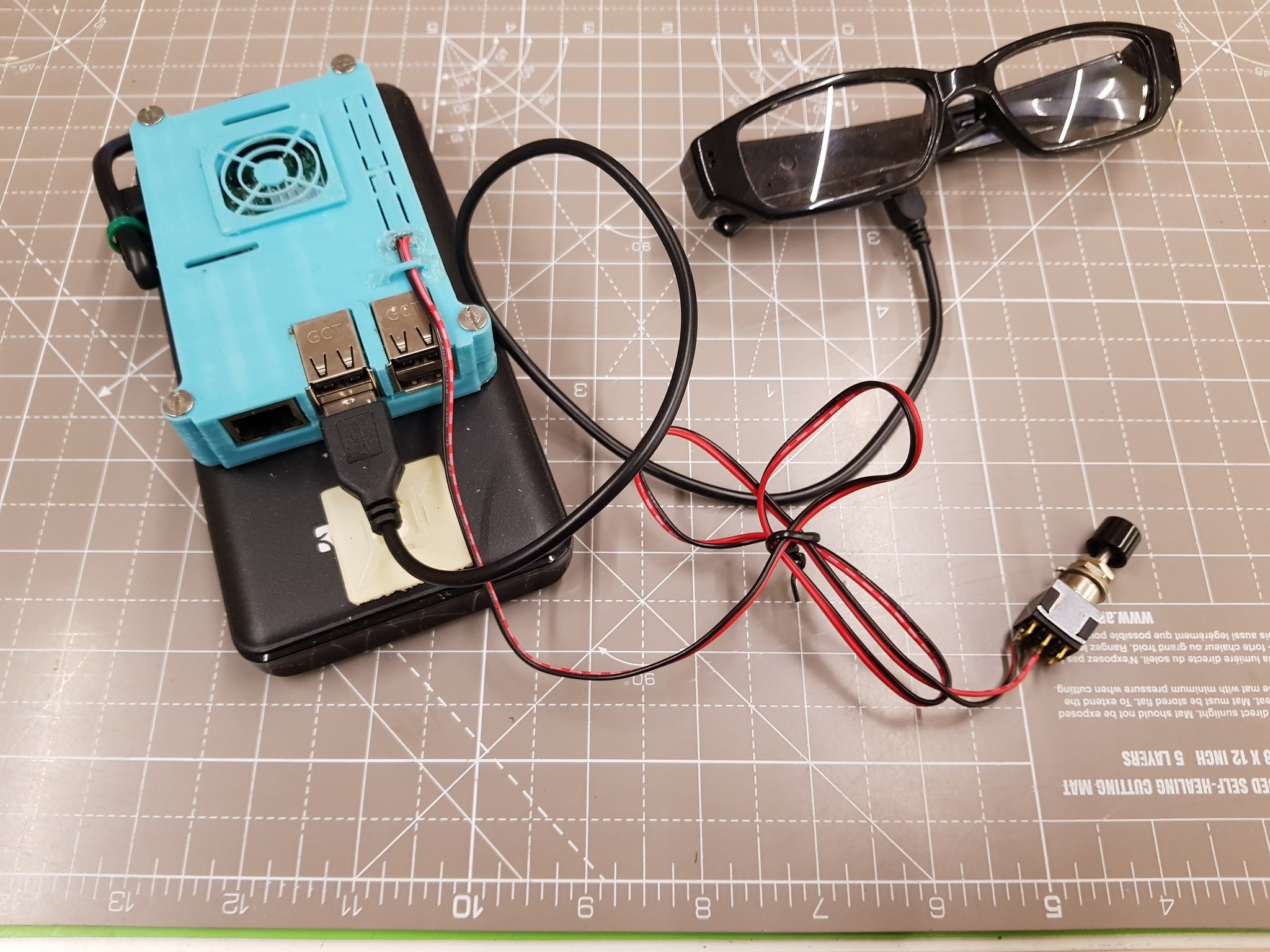Thoughts on "convergence" in platforms - the sporks space
tl;dr: Convergence is a “white elephant” that platforms chase, only to realize there is little appeal. If it’s not a lark, it puts everything else at stake.
One of the biggest buzzwords is “convergence” – the idea that with some additional cables or gadgets, you can turn your smartphone into a laptop. Platform makers have been targeting such a thing for years, pouring millions and changing platforms for it. Yet after all of this investment, there has been very little buy-in from consumers. Why is this?
Examples. The earliest “modern” smartphone to attempt convergence was the Motorola Atrix. Consumers could buy a “lapdock” to insert the phone into. While the phone ran Android, the lapdock environment was a typical GNU/Linux desktop with tweaks, with little integration into the Android environment. The biggest issue with the lapdock, however, was the price. With the dock priced like a laptop at $400, reviewers often wondered why one wouldn’t buy a cheap laptop to pair with a smartphone. (The lapdock had a second life for hardware modders.)
Canonical thought of turning Ubuntu into an ecosystem, including phones, servers, desktops, and TVs. The Unity desktop environment, introduced in 2011, was intended to bring convergence so Ubuntu phones could become Ubuntu laptops/desktops. However, Canonical hit hard times and had to focus on desktops, servers, and embedded due to lack of market interest in phones. Ubuntu phones are now maintained by the community.
Leave a Comment
Related Posts

Lewis Workshop on Twitter: "I think it was these "reading glasses" for my dad. He has macular degeneration and can't see well enough to read. The glasses have a camera built in, pushing the button reads out any text in front of the camera into the headphones.… https://t.co/e0KegaHiy4"
Comment




:focal(938x536:0x0)/cloudfront-us-east-2.images.arcpublishing.com/reuters/NIVM47UJNVIB7FLZTHAUZTTAMU.jpg)













